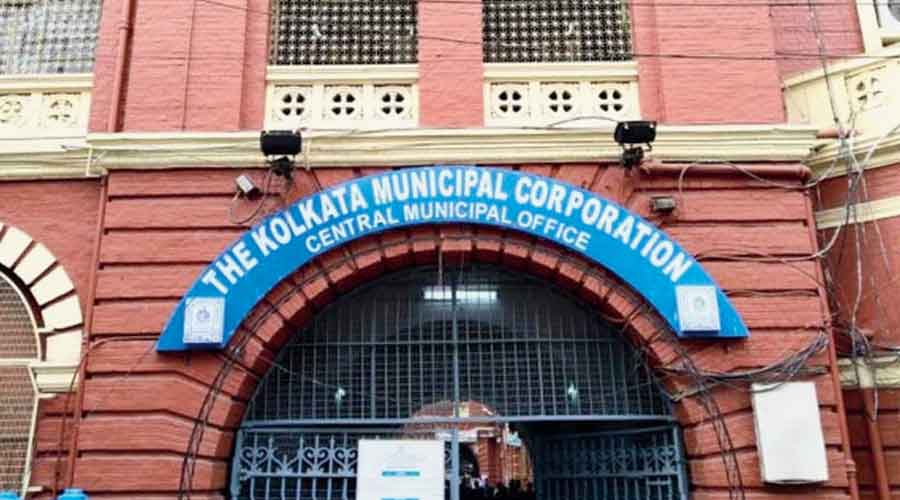Three e-waste collection centres will be set up by the Kolkata Municipal Corporation over the next two months with the objective of getting residents to deposit e-waste generated at home here.
While many companies and institutions have appointed authorised agencies to collect e-waste from them, individuals barely have the option of hanging over e-waste generated at home.
Mobile phones, various electronic cables, wires and adaptors are usually sold to people working in the unorganised sector who get exposed to toxic materials while handling the waste, a report by the state pollution control board (PCB) said.
E-waste is the electronic and electrical waste discarded by consumers either in whole or in part and rejects from manufacturing units, the report says.
The locations of the three centres — in Alipore, BT Road and Joka — have been chosen so people across the city can dump e-waste there.
The KMC wants to add more centres, said Sandipan Saha, mayoral council member in charge of the civic body’s information technology department.
“The three centres will be set up inside the borough offices at these places. We need a space where the e-waste left by people are safe and do not get stolen, which is why we have chosen the borough offices,” said Saha.
An estimate of e-waste generated in the state, prepared by the PCB, said 41,847 tonnes of e-waste could have been generated in the state in 2020-21. The report also said that the per capita e-waste generation was 391gm per person per year.
Nandan Mall, chairman and managing director of Hulladek, a company that collects and sends e-waste to recyclers, said the bulk of its collections was from companies and institutions. “We have collected e-waste from housing complexes but the bulk of our e-waste comes from offices that have a contract with us,” he said.
The top e-waste items collected from households include mobile phones, wires/ cables, adaptors/chargers, laptops, washing machines and air-conditioners, said Mall. The top e-waste items collected from offices and institutions include coolers, CPUs, monitors, motors, cables, batteries for cars and machines, lights and mini circuit-breakers, he said.
A senior official of the state PCB said that they were going to schools, where awareness camps are held, with the target of getting the children to hand over the e-waste generated at home in the schools. About 5,700 schools in the state have bins for e-waste.
In the absence of an organised system to dispose of the e-waste, most residents hand it over to small stores and shops taking old, discarded laptops in areas like Chandni Chowk.
The report by PCB mentioned that “the unorganized sector is only doing dismantling work, there is no refurbishing or recycling work going on”.
